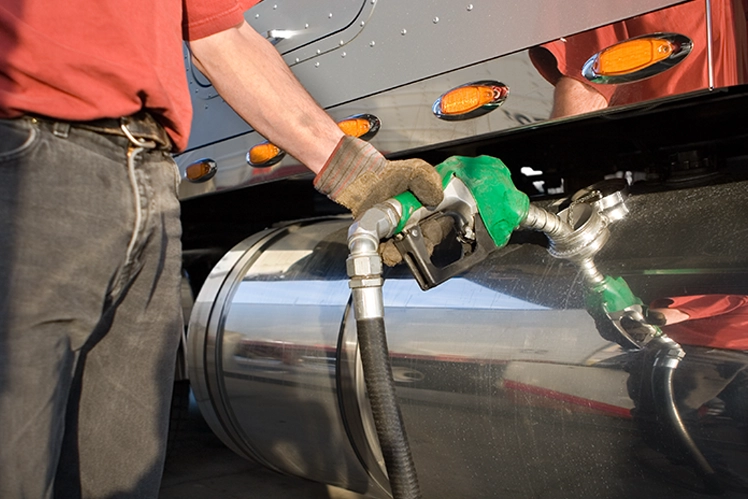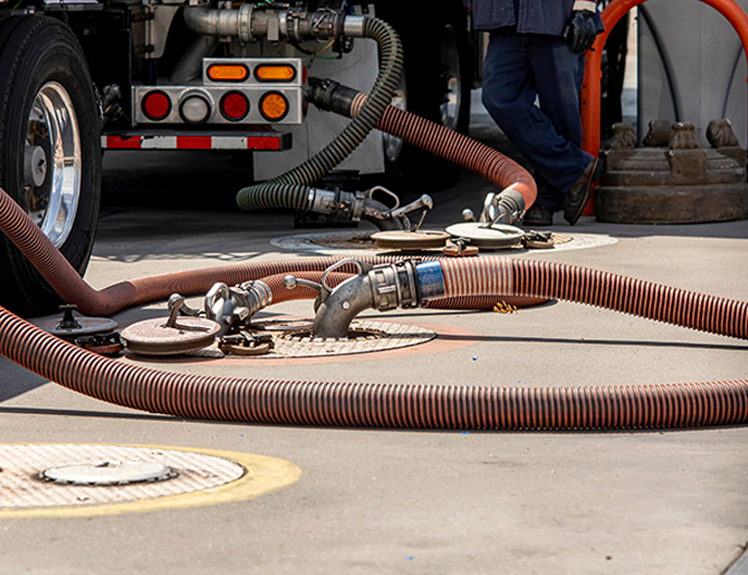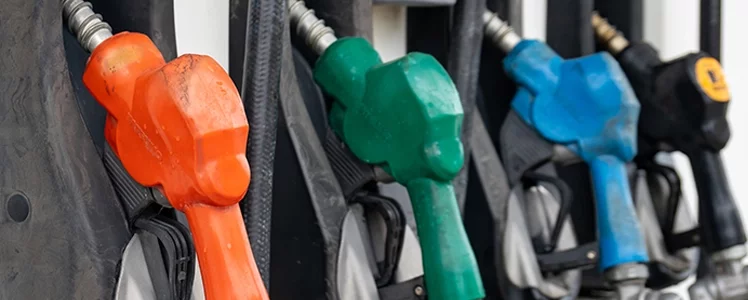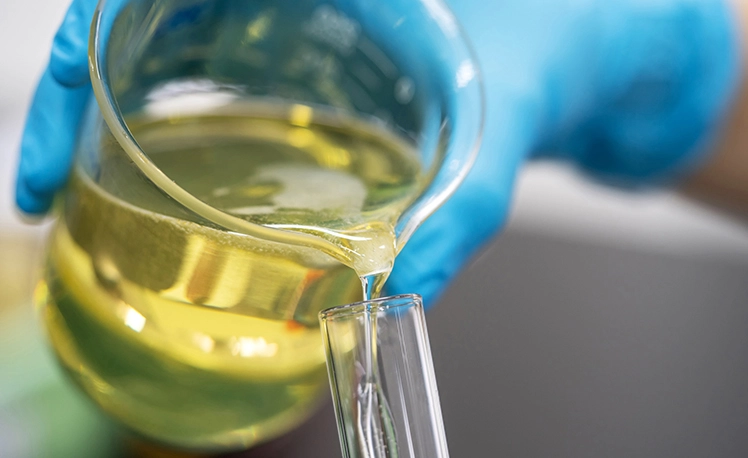
07/05/24
Diesel, Meaner Power Kleaner, Farm, Bulk Storage
By Erika Howes
Like gasoline, diesel can deteriorate or gum up when left for too long in a storage or fuel tank. It can also become contaminated with microbials. Fuel stabilizers can help. Leaving untreated diesel fuel in a car or other piece of machinery, like a tractor, for an extended period is not recommended. However, adding a dedicated diesel fuel stabilizer according to manufacturer directions ensures that diesel fuel stays fresher longer, promoting engine longevity in the process.
A diesel fuel stabilizer is an additive designed to preserve the quality and chemical properties of diesel fuel. The purpose of a fuel stabilizer is to prevent the degradation of fuel caused by exposure to air, moisture, temperature changes, and of course, extended storage periods.
Fuel stabilizers are typically made up of assorted chemical compounds that include antioxidants, corrosion inhibitors, and detergents. The best fuel stabilizers are made with safe, quality ingredients that will not harm your engine. These components work together to help prevent fuel degradation and maintain the quality of the fuel.
Fuel degradation can lead to gumming, varnish formation, and even microbial growth. High acid values in fuels, especially when combined with sediments, gums, and sludges can cause an array of engine issues. These issues can include filter and fuel line plugging, tank corrosion, fuel injector fouling, and in some cases, complete engine failure.
Adding fuel stabilizer can help protect your fuel and in turn, keep your engine running stronger for longer. Fuel stabilizers are critical in helping to maintain the quality and efficiency of diesel fuel, particularly fuel that sits for long periods of time.
A fuel stabilizer additive works by neutralizing and inhibiting the chemical reactions that lead to fuel degradation. Fuel stabilizers prevent oxidation and in turn, all the damage that follows.

When diesel fuel sits in a storage or fuel tank for lengthy intervals, fuel degradation can become an issue, resulting in oxidation. This oxidation can lead to the formation of acids, sediments, gums, and varnishes. These developments often clog fuel filters and injectors which in turn hinders the performance of your engine.
Other harmful influences include water and air. Exposure to air coupled with moisture in the fuel can lead to the growth of microbials. These contaminants can also cause fuel system corrosion and damage to the engine.
Beyond preventing oxidation, adding a fuel stabilizer can help prevent microbial growth. Howes Meaner Power Kleaner does this by safely removing water from the fuel, preventing the environment microbials need to thrive.
Untreated diesel fuel can start to degrade within a few months of sitting in storage. But as with anything fuel-related, quality matters. A quality fuel without any bio content can generally last anywhere from 6 months to a year. However, the addition of just 10% biodiesel in ULSD can cut the shelf life of the fuel by almost half.

The storage conditions of the fuel also play a huge factor. Varying temperatures can have an effect on the fuel and play a role in moisture formation. The same goes for how often the fuel is exposed to air. While a ULSD fuel with no bio, kept in a temperature-consistent environment with low moisture, such as an HVAC-controlled garage, may have an increased shelf life, those environments are highly unlikely.
That’s where a diesel fuel stabilizer additive comes into play. Properly treating diesel with a fuel stabilizer can help to maintain the fuel’s quality for a year or more. By removing the moisture from the fuel and controlling oxidation, fuel stabilizers can significantly extend the lifespan of stored fuel.
If you are looking to store your fuel seasonally, or if you have equipment that sits for chunks of time, using a fuel stabilizer can be very cost-effective. Draining fuel is timely and wasteful. Treating with fuel stabilizers is a much better option.
Scientific studies have proven that fuel stabilizers will work to protect your diesel from fuel degradation during storage. Research has shown that these types of fuel additives are able to inhibit degradation, prevent oxidation, and preserve fuel stability. Quality diesel fuel stabilizers can lend to the protection of the entire fuel system, increased engine performance, and better fuel economy.
You might be wondering; how often do I have to use these fuel additives? When it comes to fuel stabilizers, the answer is simple: you only have to add it once! It is best practice to add fuel stabilizer to fresh fuel to allow for proper mixing. After that, you’re good to go until you start adding more fuel.
You want to be sure to choose a fuel stabilizer that is right for your fuel. If you are using diesel fuel, make sure the product you are using is a diesel fuel stabilizer versus one made for gasoline. Gas treatments are different from diesel fuel treatment. They treat ethanol-blended gasoline and are meant strictly for gasoline engines.
Your diesel fuel stabilizer should be made from quality ingredients and should not contain alcohol or harmful solvents. The best fuel stabilizers demulsify water, pushing it down and out of your fuel versus emulsifying or mixing the water into your fuel.

Howes Meaner Power Kleaner has all the right components to safely keep your fuel fresh. 100% petroleum-based, you cannot overtreat with this safe-to-use fuel stabilizer. It cleans and protects your stored fuel allowing for longer storage periods without stale fuel. Fuel treated with Meaner Power Kleaner also provides protection for your entire fuel system and extends the life of your engine.
No matter which fuel stabilizer you choose, they are crucial additives for diesel engines that help to ensure fuel quality and prevent issues associated with storing fuel.